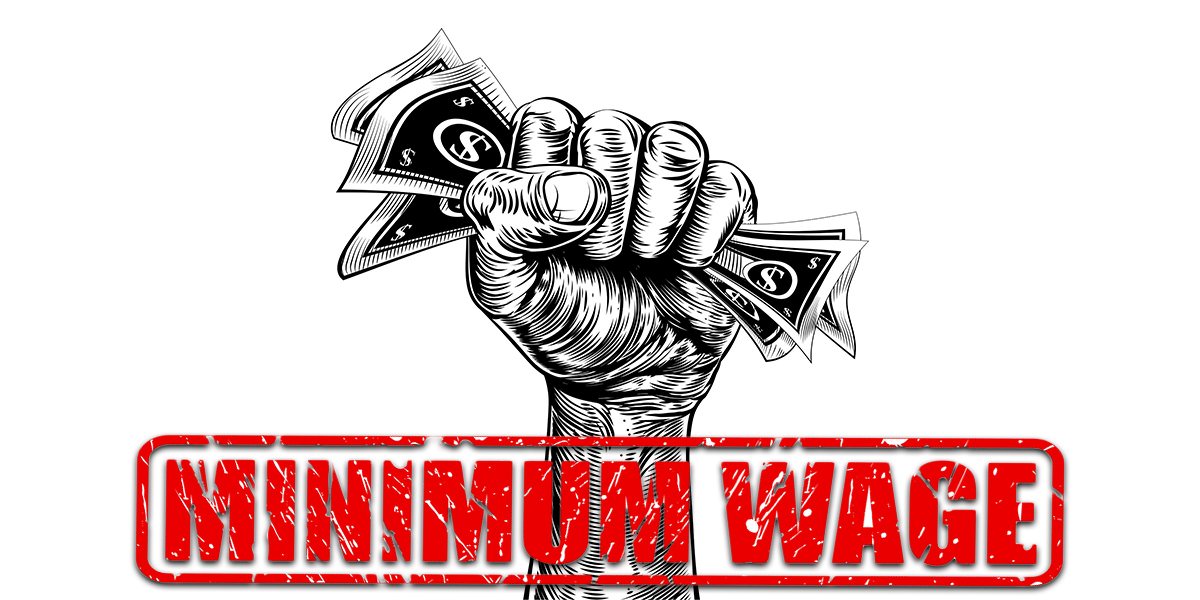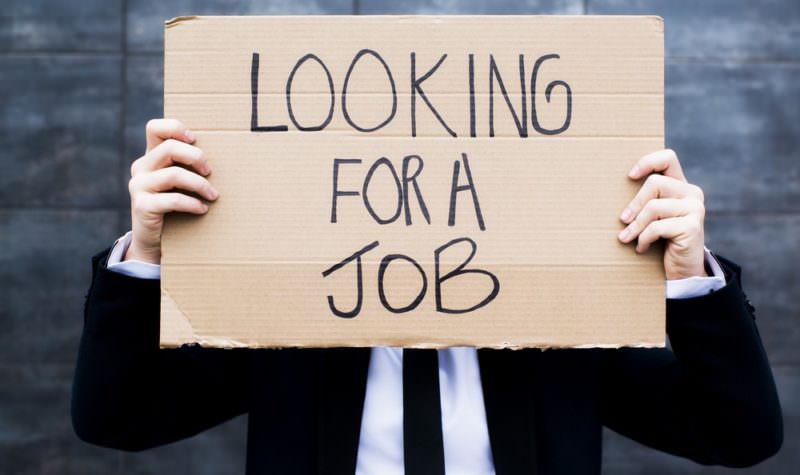As more and more jobs are lost to computers and automation, the concept of a universal living wage has been touted as a possible solution by some. The idea behind this is that everyone, no matter how much they currently earn, is given the same basic, weekly wage. Proponents of the concept say it will help out the unemployed and give the self-employed a safety cushion to help them, since they often have unpredictable wages.
Finland recently announced the findings of its basic income trial. For this trial, some 2,000 unemployed Finns were chosen at random to participate. Each participant received a basic wage of 560 euros per month over the period of two years. This wage would remain the same for everyone, even for those who managed to find employment within the trial’s timeframe. It was hoped that this trial would encourage the unemployed to find work. It gave all participants a regular, guaranteed income and hoped to encourage them to earn more money on top of that. However, findings from the trial have shown that, after two years, not that many of the participants had actually gained employment, whether it be full- or part-time work. While the trial had, after two years, improved the mental wellbeing of those taking part – it gave them a safety net of guaranteed income for its full duration – it wasn’t enough to have enough participants employed. In short, Finland’s trial was about trying to get people back into work while giving them a bit of financial security. Should this sort of system be put in place everywhere? Should everyone be entitled to a universal living wage?

On the one hand, as previously mentioned, it would certainly benefit those with no regular income and those whose income isn’t steady or isn’t guaranteed. On the other hand, it would be very difficult to implement such a system. After all, where would the money to fund the living wage come from? It would have to come from somewhere and no doubt costs would go up somewhere. Then there’s the problem of who exactly gets it. If it really is universal and there’s no one who doesn’t qualify for it, then how would you justify the people who don’t need it receiving it? If someone on a six-figure salary is financially secure, why should they get it when they don’t need it? Shouldn’t that money go to people who need it more? Either everyone gets it, or you start being selective about who gets it, in which case it would be problematic deciding who would and wouldn’t qualify for it. Plus, how do you decide how much the wage should actually be?

In decades to come, it’s very likely that more countries will run trial schemes similar to Finland’s and may even go some way to fully implementing universal living wages. If the number of jobs available really does go down, something like this will surely be needed. After all, if one day there aren’t enough jobs for everyone, who do you expect people to get by? The idea of it does sound good, but it doesn’t get rid of the age-old problem of rich vs poor. The rich will simply be the ones with the jobs, and the poor those without jobs having to rely on the universal living wage. With it offering the less well off more financial support, maybe it will ultimately end up being a good thing if it’s implemented. Before any kind of nationwide universal living wage is introduced anywhere in the world, there will probably be quite a few more trial schemes carried out first.
 Image Credits: Masterinvestor
Image Credits: Masterinvestor